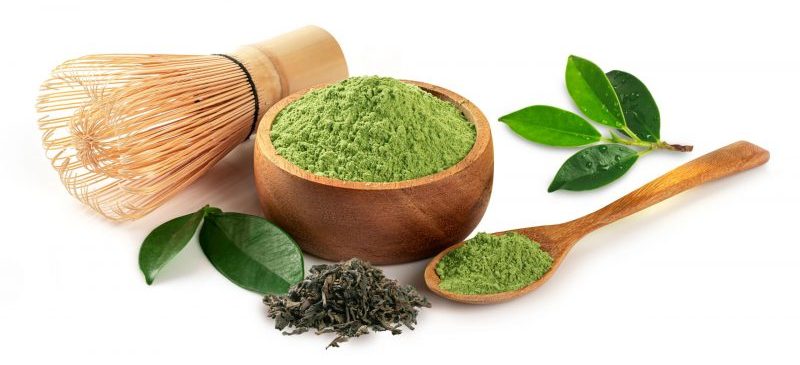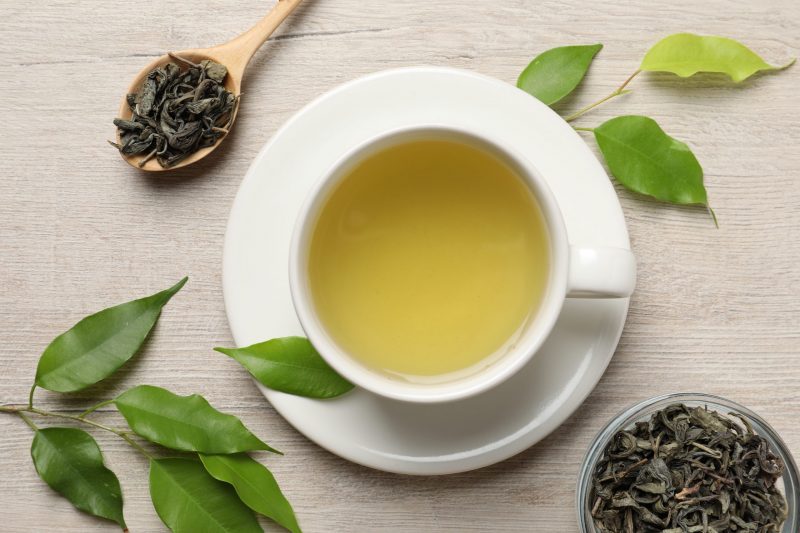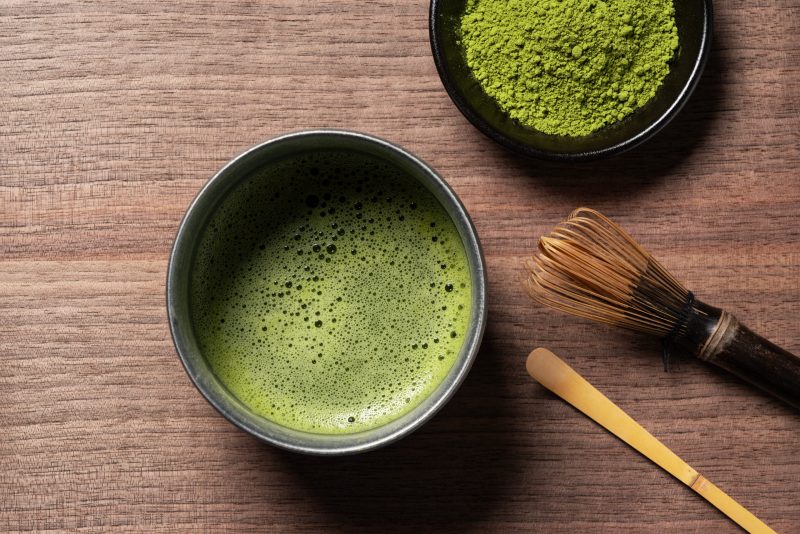When you think of tea, two names often come up: green tea and matcha. Both are beloved for their health benefits and unique flavours, but what exactly sets them apart? Let’s dive into the world of these green wonders to help you discover which one suits your lifestyle best.
The Basics: Green Tea vs. Matcha
Both green tea and matcha come from the same plant, Camellia sinensis, but they’re processed and enjoyed in very different ways. Here’s a quick breakdown:
Green Tea
Green tea is made by steaming or pan-frying the tea leaves, which are then dried and packaged. When you steep green tea, you’re drinking the *infusion* of the leaves, not the leaves themselves.
– Taste: Fresh, light, and slightly grassy with a hint of sweetness.
– Caffeine Level: Moderate, perfect for a mid-day pick-me-up without the jitters.
– Health Benefits: High in antioxidants, known to boost metabolism, improve brain function, and reduce the risk of certain diseases.
Matcha
Matcha, on the other hand, is a finely ground powder made from whole tea leaves. Instead of steeping, you whisk the powder with water, which means you’re consuming the entire leaf—and getting all the benefits!
– Taste: Earthy and bold, with a creamy texture. Some find it has a subtle umami flavour.
– Caffeine Level: Higher than green tea. It provides a steady, calm energy boost thanks to the presence of L-theanine, which slows the release of caffeine.
– Health Benefits: Because you’re drinking the whole leaf, matcha offers even more antioxidants and nutrients than regular green tea. It’s great for energy, focus, and detoxifying.
Which One’s for You?
So, how do you choose between these two green tea superstars? Here are a few things to consider:
– Looking for a gentle start to your day?
Green tea’s light and refreshing flavour makes it an ideal choice for your morning routine. It gives you a gentle caffeine kick without being overpowering.
– Need a focus boost or a mid-afternoon pick-me-up?
Matcha’s rich, concentrated flavour and higher caffeine content are great for days when you need extra focus or a longer-lasting energy boost.
– Do you love a tea ceremony experience?
If you enjoy mindfulness and ritual, the traditional preparation of matcha, with its whisking and ceremonial style, might just be your cup of tea.
– Prefer quick and easy brewing?
Green tea’s simple steeping process is ideal if you’re on the go and want something quick.
– Flavour preference:
If you prefer something light and delicate, go for green tea. If you love a bold, robust flavour, matcha may be more your style.
Take a look at the table below to help you decide.
|
Feature |
Green Tea | Matcha |
| Caffeine Content | Moderate (about 25-35 mg per cup) | Moderate (about 25-35 mg per cup) |
| Preparation | Steep loose leaves or tea bags in hot water (2-3 mins) | Whisk matcha powder with hot water until frothy (using a bamboo whisk) |
| Flavour | Light, fresh, slightly grassy | Rich, earthy, with a creamy texture |
| Antioxidant Levels | High, thanks to catechins and polyphenols | Extremely high, since the whole leaf is consumed |
| Energy Boost | Gentle, gradual energy lift | Sustained energy with a calm focus due to L-theanine |
| Health Benefits | Boosts metabolism supports heart health, improves brain function, aids in fat burning | More antioxidants, supports detoxification, enhances focus, improves skin health |
| Convenience | Simple, quick brewing | Requires traditional whisking and a bit more time |
| Ideal For | Daily tea drinkers looking for a light and refreshing option | Those seeking a stronger flavour and a mindful tea ritual experience |
Conclusion: Why Not Both?
In the end, green tea and matcha are both fantastic choices for tea lovers. Whether you’re sipping green tea in the morning or enjoying matcha as a mid-day boost, both bring a wealth of benefits to your day. So, why choose? Try incorporating both into your routine and enjoy the best of both worlds.



